
FAQS


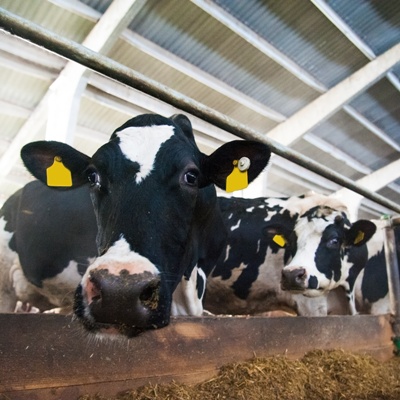
Are most farms today factory or corporate farms?
Are most farms today factory or corporate farms?
Today, the vast majority of farms are still family owned. In Illinois 97 percent are owned by individuals, family partnerships or family corporations. For these family farms, being stewards of the land and caretakers of their animals truly runs deep.
Get to know some Illinois farm families by checking out our Meet the People page.

Should I worry about antibiotics in my meat and milk?
Should I worry about antibiotics in my meat and milk?
The USDA requires routine inspection of beef, pork, poultry, dairy and other livestock products before they are marketed to consumers. A number of checks and balances are in place to ensure antibiotics are not found in food today, including tests by the Food Safety Inspection Service. Farmers also are required to follow strict withdrawal periods for animals given antibiotics.
Read this post from a farmer who breaks down how farmers use antibiotics and how they ensure your food is free of all residues.

SHOULD I WORRY ABOUT HORMONES IN MY MEAT?
SHOULD I WORRY ABOUT HORMONES IN MY MEAT?
All animals and plants have naturally occurring hormones that are safe for humans.
Sometimes growth hormones (steroid implants) are used in beef cattle at specific stages of animals’ growth to improve their ability to convert feed to muscle, and the cattle are overseen. These hormones are regulated by the FDA. Implants are placed in an animal’s ear and have a zero-day withdrawal, meaning the meat from the animal is safe to eat at any time after receiving the implant. Growth hormones are not used in dairy cows, pigs or poultry.
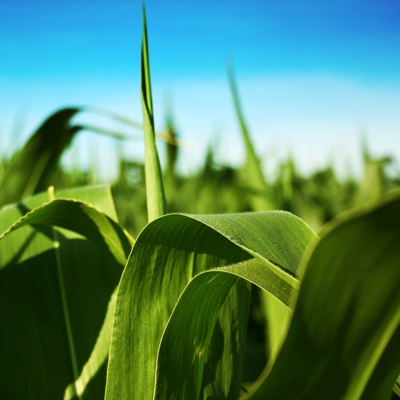
Are GMOs safe?
Are GMOs safe?
The World Health Association, Food & Agriculture Organization of the United Nations, and American Medical Association, to name a few, have all deemed ingredients derived from a genetically modified crop as safe as ingredients derived from crops raised using other methods.
Read more about the 12 GMO crops approved in the United States and perspectives from moms, farmers and health care professionals about why they’re safe.
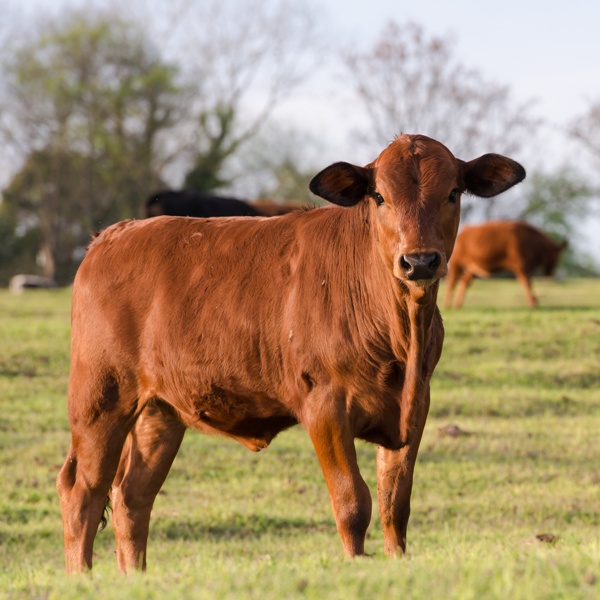
What's the difference between grass fed and grain fed beef?
What's the difference between grass fed and grain fed beef?
Grass-fed – Cattle spend their entire lives grazing on pasture.
Grain-fed – Cattle spend most of their lives grazing on pasture, and then spend four to six months in a feedyard where they eat a mix of grasses and grains.

WHAT FOOD LABELS SHOULD I PAY ATTENTION TO?
WHAT FOOD LABELS SHOULD I PAY ATTENTION TO?
With all the conflicting labels, eating healthy can be confusing. Focus on the nutritional fact panel and the ingredients list. These labels will provide you with all the information you need to make healthy decisions for you and your family. Marketing labels on the front of a package can be misleading and are intended to scare you into buying a more expensive product.
Read perspectives on food labeling here or visit the USDA’s website to learn more about label requirements.
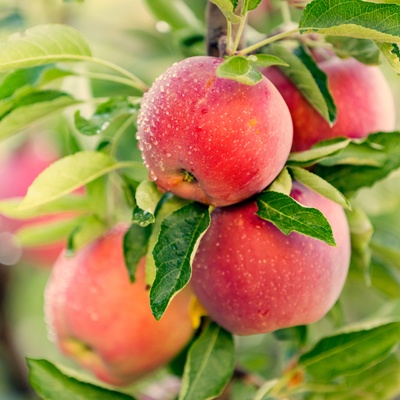
WHAT’S DIFFERENT ABOUT ORGANIC FOOD?
WHAT’S DIFFERENT ABOUT ORGANIC FOOD?
While organic and non-organic foods are produced using different farming methods, nutritionally, they are no different. Both organic and non-organic food uses pesticides and other methods of protection to keep your food safe.
In this blog post, a Chicago mom discovers some of the differences, and similarities, between organic and traditionally grown produce.

Why do farmers use chemicals?
Why do farmers use chemicals?
Plants use nutrients in the soil to grow. Fertilizers are natural chemical compounds from the earth, including nitrogen, phosphorus and potassium, that give growing plants the nutrients they need. Pesticides are specially formulated chemical solutions to protect food from bugs or disease. When farmers need to control a pest or weed problem, they use products judiciously to help protect the plants and keep food safe.
Get perspectives about chemical use from different local farmers here.

How do farmers care for their animals?
How do farmers care for their animals?
The livelihood of livestock producers – whether large or small – depends on the health and well-being of their animals. Regardless of the size of the farm, caring for animals is a 24/7 job that requires knowledge, patience and the utmost devotion. Farmers provide shelter from the weather – heat, cold or rain – and a sufficient and healthy diet specialized for each animal.
Read this blog post from a Chicago mom who toured local farms to witness animal care for herself.
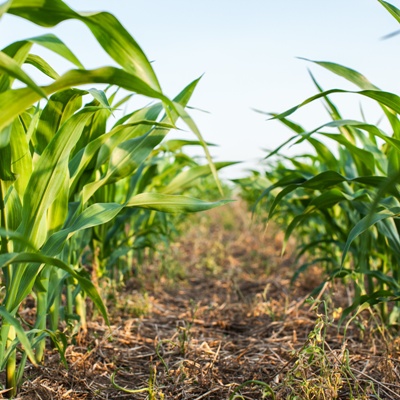
Do farmers get to choose what to plant?
Do farmers get to choose what to plant?
Yes. Just like consumers have choices in what they buy at the store, farmers choose what they want to plant in their fields. They spend a lot of time researching, reading, and meeting and listening to industry experts to determine what’s best for their farms.
Get to know Paul Taylor, an Illinois farmer who grows both GM and non-GM crops, who can share his perspective on both.
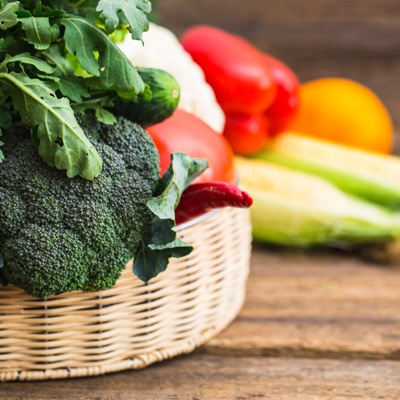
What makes food local?
What makes food local?
There is no set definition for “local” when it comes to marketing products. Many Illinois farmers sell their products directly to the public and others sell to brands such as Del Monte, Dean’s and Farmland that can be found in grocery stores throughout the state.
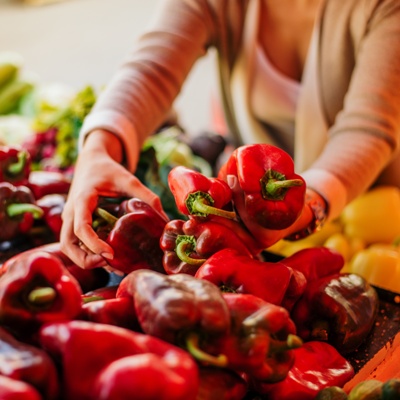
Is there pesticide residue on my food?
Is there pesticide residue on my food?
Scientists and farmers care about the safety of your food. They understand that this includes using chemicals to protect the food supply. That’s why they’ve determined the safest levels of chemicals to use while still providing you with fresh produce at the grocery store every day. However, too much of anything is never a good thing. The same goes for produce protected with pesticides. Fortunately, the average person would have to consume about 550 apples per day before they might start to feel any effect from the pesticide.
Read more from a dietitian here.